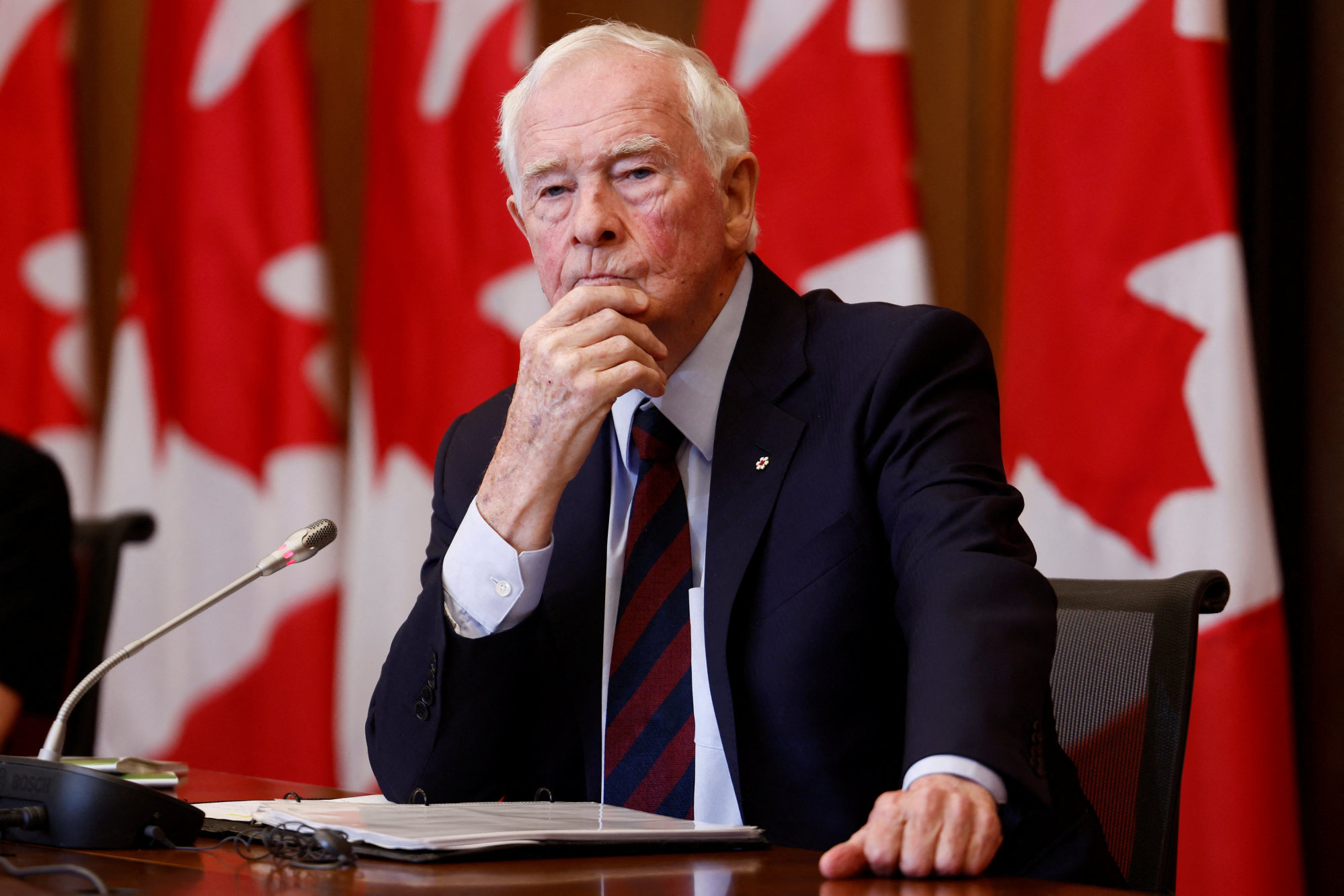
Canada launches public inquiry into alleged election meddling by China, in about-face for government
- Quebec Court of Appeal judge Marie-Josee Hogue appointed to lead the investigation into allegations of foreign interference in Canadian affairs
- Announcement comes as Prime Minister Justin Trudeau criticises China for making bilateral engagement ‘more difficult’
The government will appoint Marie-Josee Hogue, a judge on the Court of Appeal of Quebec, to lead the inquiry.
Hogue’s selection as the commissioner and the terms of reference for the investigation were agreed to by all the opposition parties in parliament, LeBlanc added.
The announcement comes after months of urging by Canadian opposition parties, following a probe into foreign interference led by former governor-general David Johnston that was criticised for being rushed and lacking transparency.
Johnston’s selection drew objections over his ties to the Trudeau family, Liberal Party stalwarts, despite his appointment as governor-general by a former Conservative Party prime minister.
Ahead of the inquiry announcement, Trudeau criticised Beijing’s actions, saying there was currently no political space within Canada for a “rapprochement” with China.
Beijing has repeatedly denied interference in Canada. The Chinese embassy in Ottawa did not immediately respond to a request for comment on the inquiry and Trudeau’s remarks.
After a two-month investigation that concluded in May – one focused primarily on China despite its wider mandate – Johnston wrote in an interim report that allegations of Chinese electoral interference were unsupported or false. He said the Trudeau government did not knowingly fail to act on relevant information it received from the intelligence community.

Johnston described having “unprecedented” access to raw intelligence and Canadian national security officials in reaching his findings.
Weeks after releasing his findings, the former governor-general resigned, citing the “highly partisan atmosphere” surrounding his work.
Public inquiries in Canada do not lead to civil or criminal liability. Commissioners have the power to summon witnesses and hold hearings, with the goal of allowing the public to see and hear evidence and compare it with the commissioner’s conclusions.
As head of the inquiry, Hogue would assess interference and also examine the flow of information to senior decision-makers, including elected officials, LeBlanc said on Thursday.
While some parties had called for the investigation to focus solely on China, he said the inquiry’s scope would be broad, adding: “China is not the only foreign actor that seeks to undermine democratic institutions in Canada or other Western democracies”.
LeBlanc explained that the choice to add non-state actors came about because “some of the interference may be by non-state actors that are affiliated with some of these regimes in various ways”.
Hogue is required to deliver to the public an interim report by February 29 and a final report by December 2024. LeBlanc said it would be within her discretion to ask for additional time and that she was selected despite her lack of “detailed experience” in national security matters so she could bring a “fresh set of eyes”.

